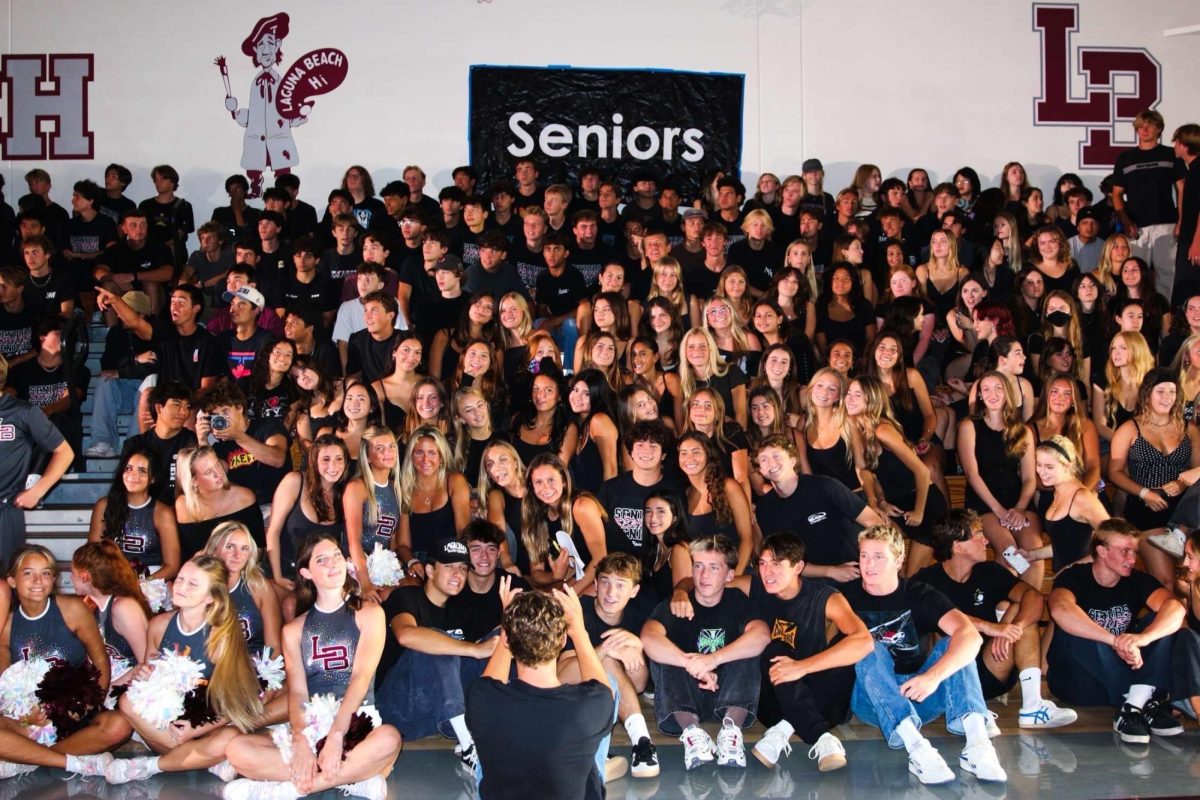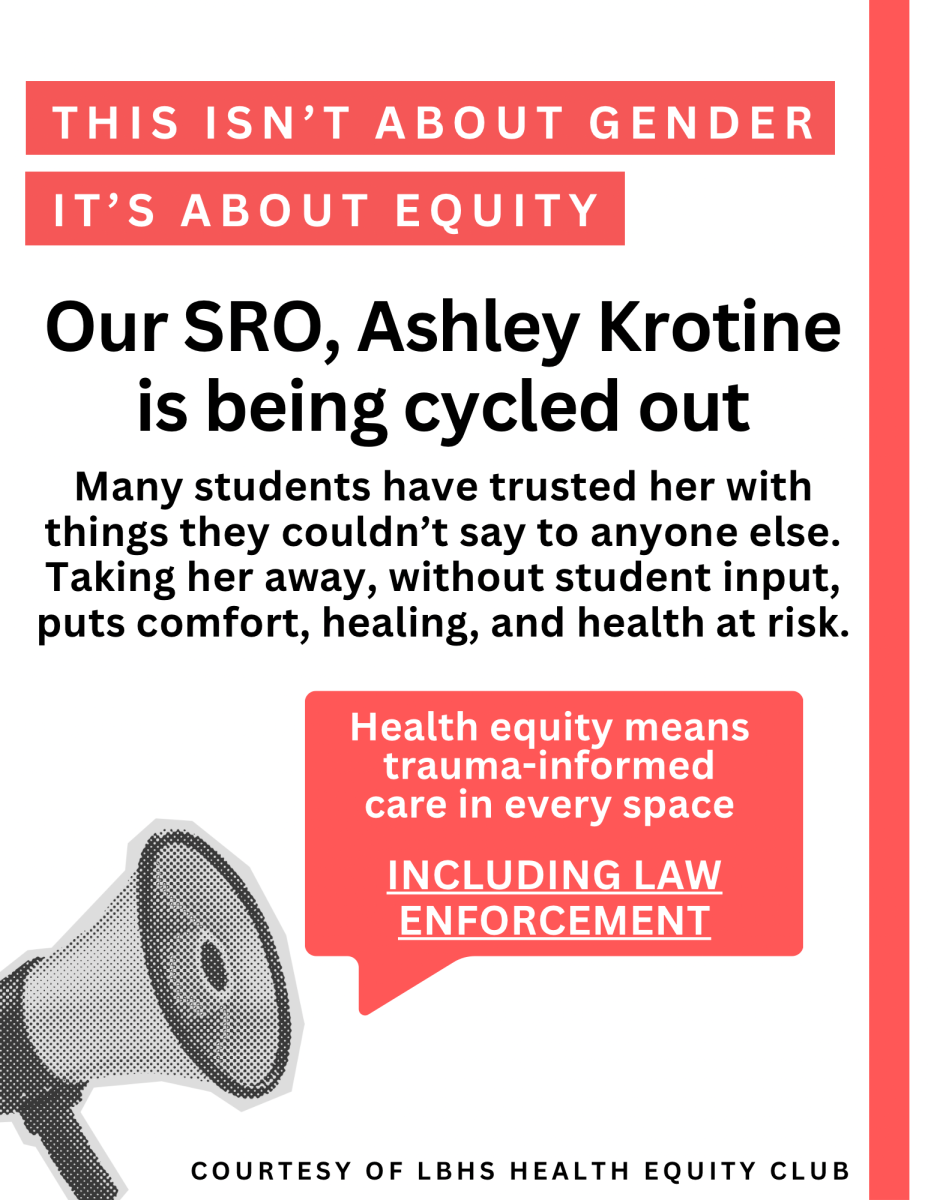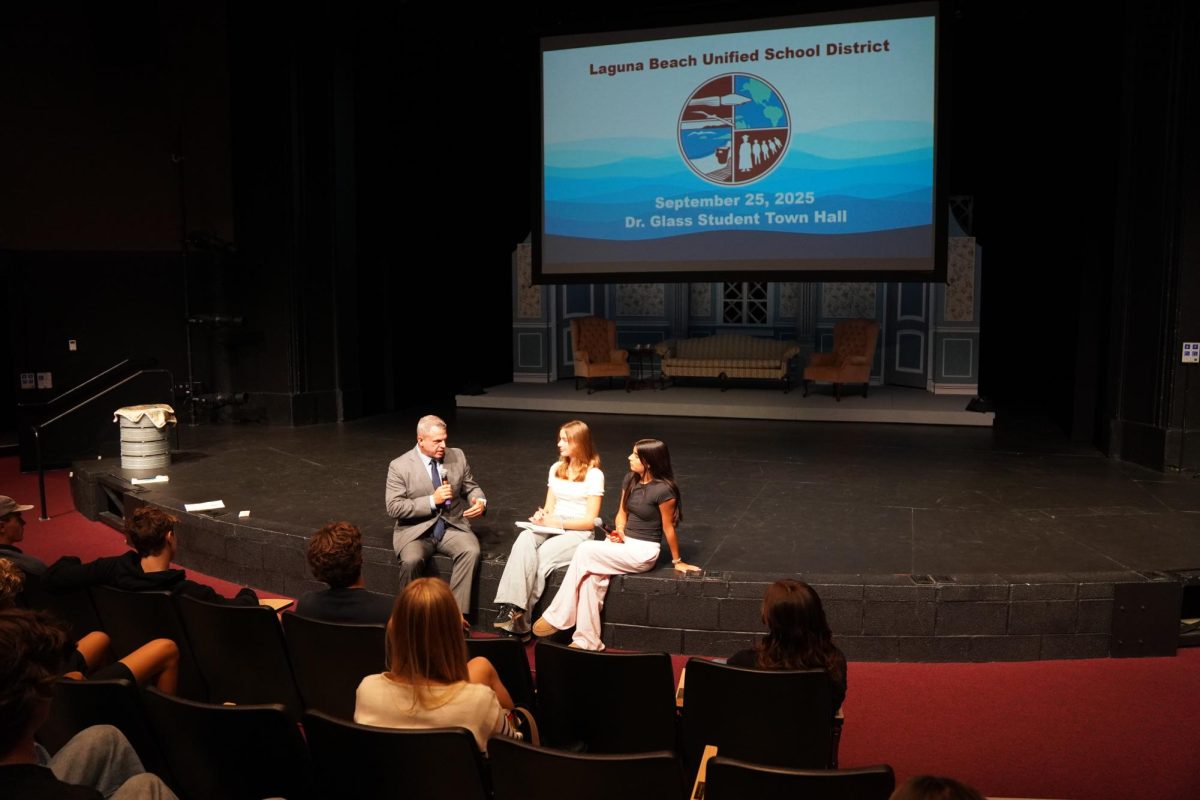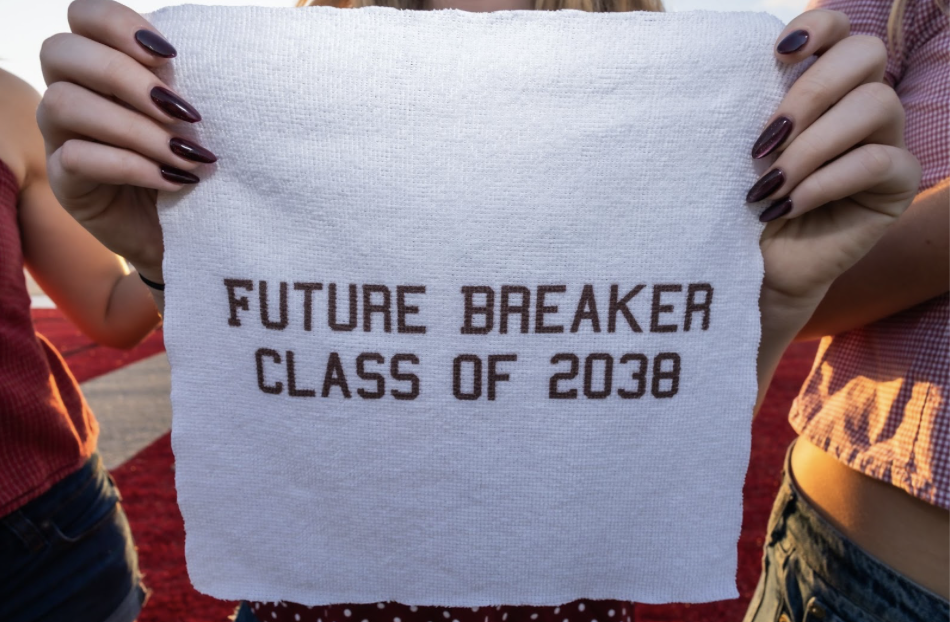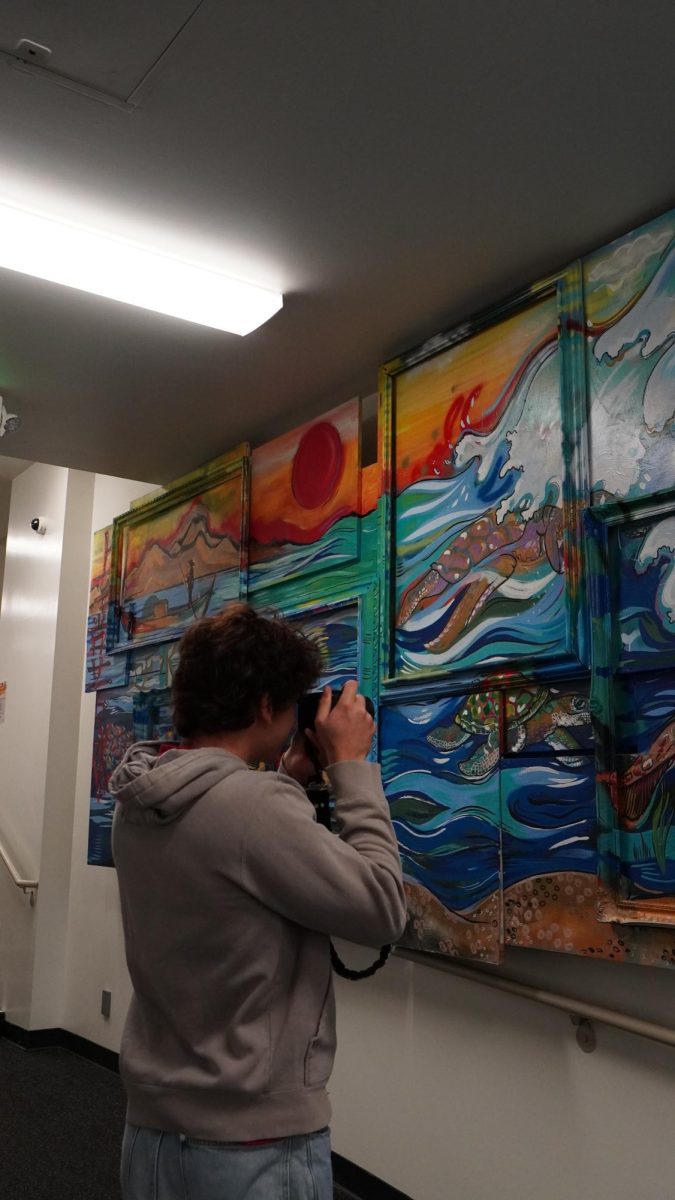While generative AI is a revolutionary tool, it significantly damages our world. In the past few years, the use and furtherment of generative AI software has skyrocketed. Advanced generative artificial intelligence models have made their way into everyday life, whether in school, the home, or the workplace; AI is seemingly everywhere nowadays. The training of these models requires massive computational power, typically operated by data centers. These data centers have high electricity consumption, much of which is still derived from non-renewable sources like fossil fuels. This practice fuels greenhouse gas emissions and significantly contributes to the carbon footprint of AI technology. Additionally, the heavy demand for the constant operation of AI systems leaves servers no time to recover, further devouring energy and perpetuating environmental stress. Moreover, generative AI accelerates the loss of our already scarcest natural resource, water. Today’s technological giants have massively increased their demand and need for water for cooling data centers. This rapidly growing need is due to the ever-increasing demand for online services and generative AI products like ChatGPT. The cooling of artificial intelligence centers consumes an unbelievably large amount of water in a very short time. Data centers use cooling towers to dissipate the immense heat generated by their servers, causing roughly nine liters of water to evaporate per kilowatt-hour of energy used. Recent research has estimated that each prompt wastes around sixteen ounces of water. Last year, ChatGPT received ten million queries daily, to scale that for you– 3,650,000,000 prompts in one year. In 2025, it has grown to at least one billion queries a day, each of these queries wasting two cups of water on average (The New York Times). This statistic is based on the assumption that each query is one line of text, but many users will paste whole essays or bodies of text into generative AI.
Imagine that: approximately 3.5 million deaths a year directly from lack of fresh water, predominantly in South Sudan and the Gaza Strip, while AI wastes nearly 40 million gallons daily. We are not entitled to convenience at the expense of our planet and of the people who feel the effects of climate change first and more intensely. We can live without Al; we did just a year or two ago.
Aside from the adverse environmental effects of generative AI, there are also moral and intellectual detriments. While some may argue that AI makes art accessible for artists with disabilities, artists have always found a way. Georgia O’Keeffe went blind, and still created. Jean-Dominique Bauby dictated his memoir by blinking his left eye. Although AI can assist those in need of it, the art they make with the use of AI isn’t art they created; it will never truly be their art, as terrible as it sounds. Unfortunately, AI isn’t even commonly used by those with disabilities as it should be, but rather by corporations that would rather not commission an artist who previously made a living through these corporations. AI should have been a tool to help with the everyday, mundane tasks of living, not a tool for corporations to create ‘art’ with, and for real artists to lose out. The art that AI makes can never be art; art has always been human and meaningful. Our first forms of communication were art on cave walls– art connects us to the deeply alive parts of ourselves and the generations past. When all is gone, our art was meant to be the trace and legacy we left behind, not AI’s. Art has never been, and was never meant to be convenient.
Corporations feed off the uneducated. The same companies funding these AI servers market to us with the AI that is actively ruining the general population’s critical thinking skills. With AI, the only winners are the top 1% of the top 1%. You may think that’s not true: it can be helpful with schoolwork, ideas, and kickstarting the creative process. However, that’s not the end of the story. The more we use AI the moment we face a challenging task, the less we will be able to ever, well… do anything. Skipping the few seconds it takes to think about something and using them to prompt an artificial chatbot, educates the AI instead of you, the student. As dystopian-conspiracy-apocalypse-y it sounds, at the rate we’re going, the artificial intelligence will be more intelligent than us, the real intelligence.
Once again, we are not entitled to convenience at the expense of our planet and every community affected. So, considering artificial intelligence is actively destroying our planet, depleting our water and energy resources, hurting the arts and artists themselves, and doing irreparable damage to our intellect and morals as a collective human race: next time, go to the library– or at least use Google.



